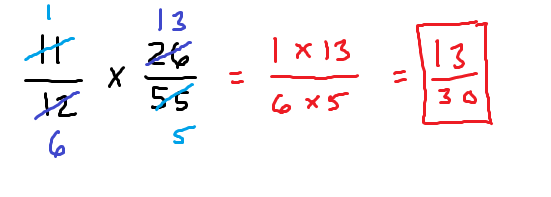Canceled is the preferred spelling of the past tense of cancel in the United States. Learn when to make use of canceled vs. cancelled with Grammar Rules from the Writer’s Digest editors, together with a few examples of right usages. In abstract, if you’re writing for an American audience, spell “canceled” with one L, and should you’re writing for a British audience, spell “cancelled” with two L’s.

The spelling checker of Word 2003 says “cancelling” is incorrect, and it must be “canceling”. I’ll a be total freak… since this can be a grammar web site. 😎 “however it doesn’t not lengthen to cancellation” — ought to remove the second “not”. MS Word did not create the “canceled” spelling, it reflected the preferred spelling in American dictionaries.
Leave A Reply Cancel Reply
In American English, canceled is the more common spelling, and cancelled is more common in British English. Canceled or cancelled is the past tense of the verb to cancel. Both spellings are appropriate; Americans favor canceled , whereas cancelled is most well-liked in British English and different dialects. However, while cancelation is never used ,cancellation is by far the extra widely-used spelling, no matter where you’re. In case you are wondering, canceling and cancelling run alongside the same guidelines with the United States preferring one l and all over the place else two l’s.
This can be the reason we have lost so many phrases and phrases over time. I am 28 by the way in which (notice I didn’t use BTW) Laziness I let you know…all this “textual content speak” has not helped the matter of shedding common spellings and used words. People often say that English would be higher if spelling had been standardized.
British Dictionary Definitions For Cancel
As a trainer of writing, I’ve edited hundreds of writing assignments over the years. I would say that the only times a person was actually constricted by the language was as a result of both they did not perceive the foundations or they didn’t have enough of a command of vocabulary. It seems to me the one way you could have fewer synonyms as you described is if you could reduce humans’ experiences to all be the identical, and no one needs that. If you actually desire a language such as you describe, maybe you need to be taught Esperanto, a language designed by committee. Real languages and words evolve over time and by the merits of their use. English’s giant vocabulary and openness toward borrowing words is its best energy, in my opinion.
- It’s more correct to name it a variant of “orient” favored by some English speakers.
- 😎 “however it doesn’t not prolong to cancellation” — should remove the second “not”.
- Following this common spelling rule, other phrases with the base “cancel” will embrace the double-L for British English and the one-L for American English.
- It ought to as an alternative have higher adjectives and adverbs which help perpetuate feeling, worth, importance, depth, and hierarchy.
- At least, that’s one way to keep your Ls in line.
Webster’s 1806 dictionary has cancelled, but in his 1828 the word is spelled as canceled. The doubling rule says that IF you add a vowel suffix (-ed) to a word that ends in a single vowel, single consonant, you double the final letter UNLESS that syllable is unstressed. and have a final unstressed syllable (much like endure/struggling, refer/reference) so by this rule the should not be doubled, as it isn’t in American orthographic practice. For no matter historic cause, American orthographers have dropped this rule from their spellings. You see variations of canceled and cancelled however which spelling is correct?
Antonyms Of Cancel
You put the word rule in scare quotes, indicating you have doubts about it. However, it is indeed a rule from both a prescriptive and a descriptive perspective. The exception to this rule is words ending in “l” in BE are always doubled.









More Stories
I Don’t Know The Way To Love Him
The Social Gradient In Stress And Depressive Symptoms Among Adolescent Ladies
Boston Celtics Vs Cleveland Cavaliers Odds & Matchup Stats